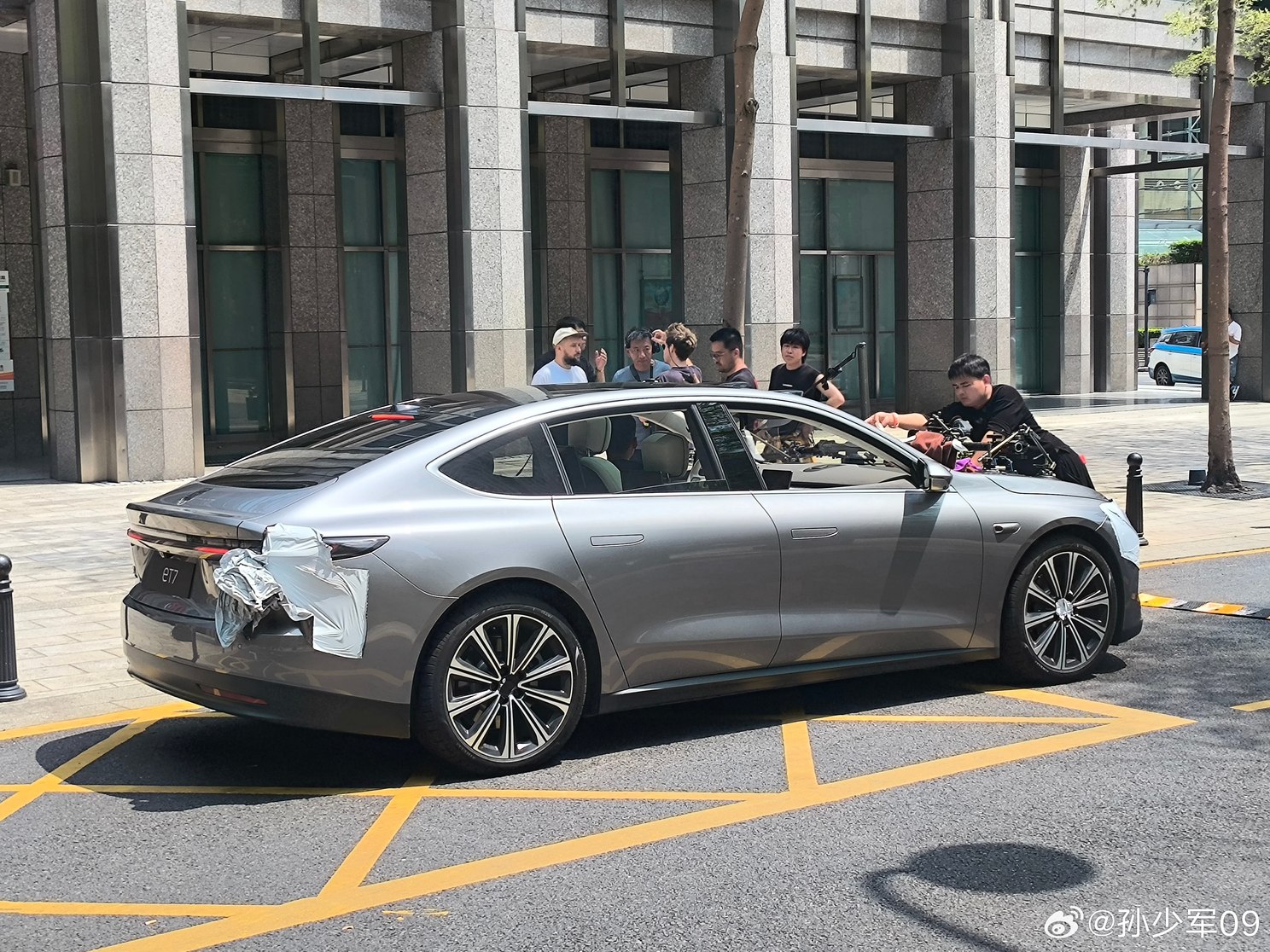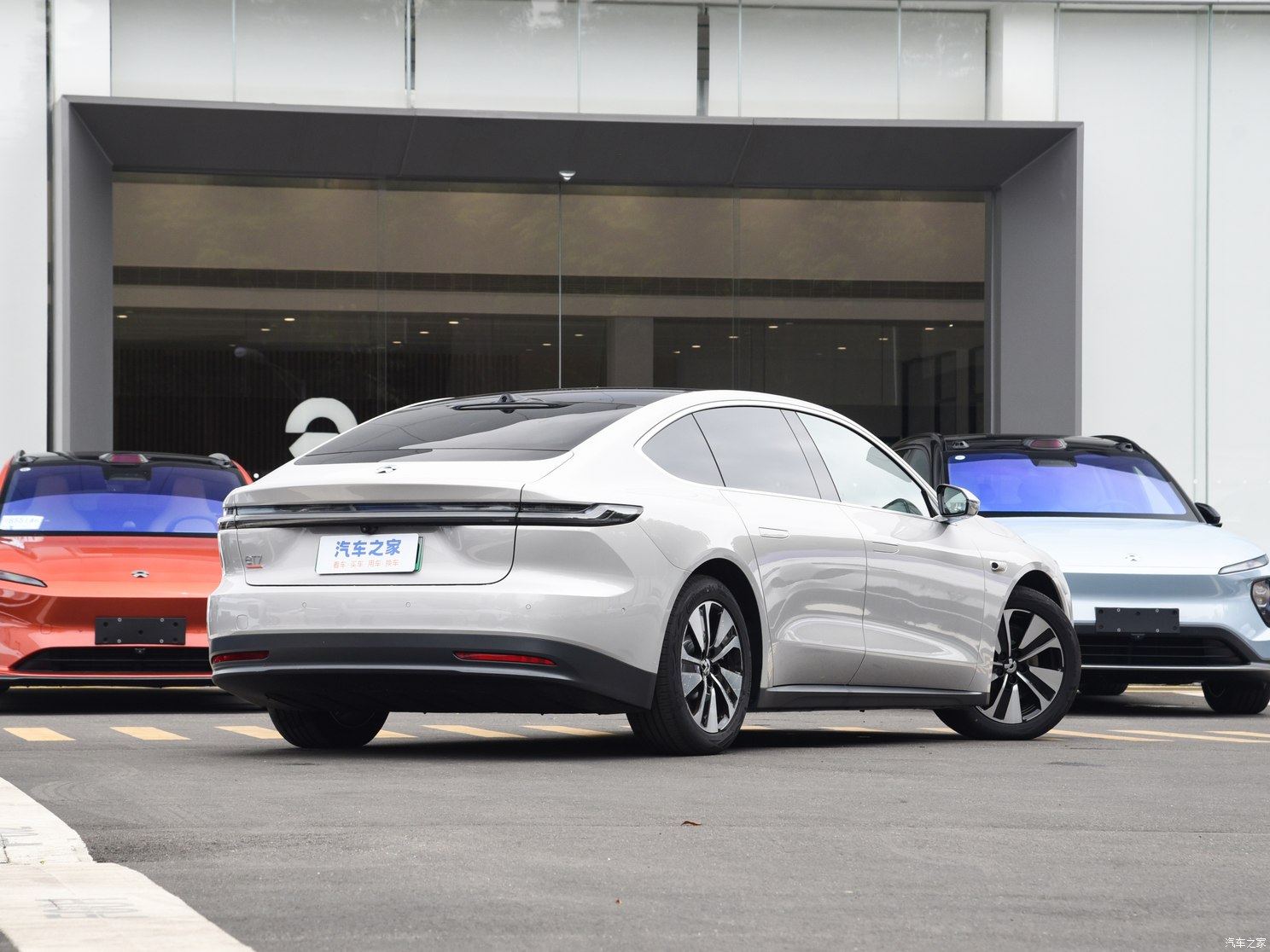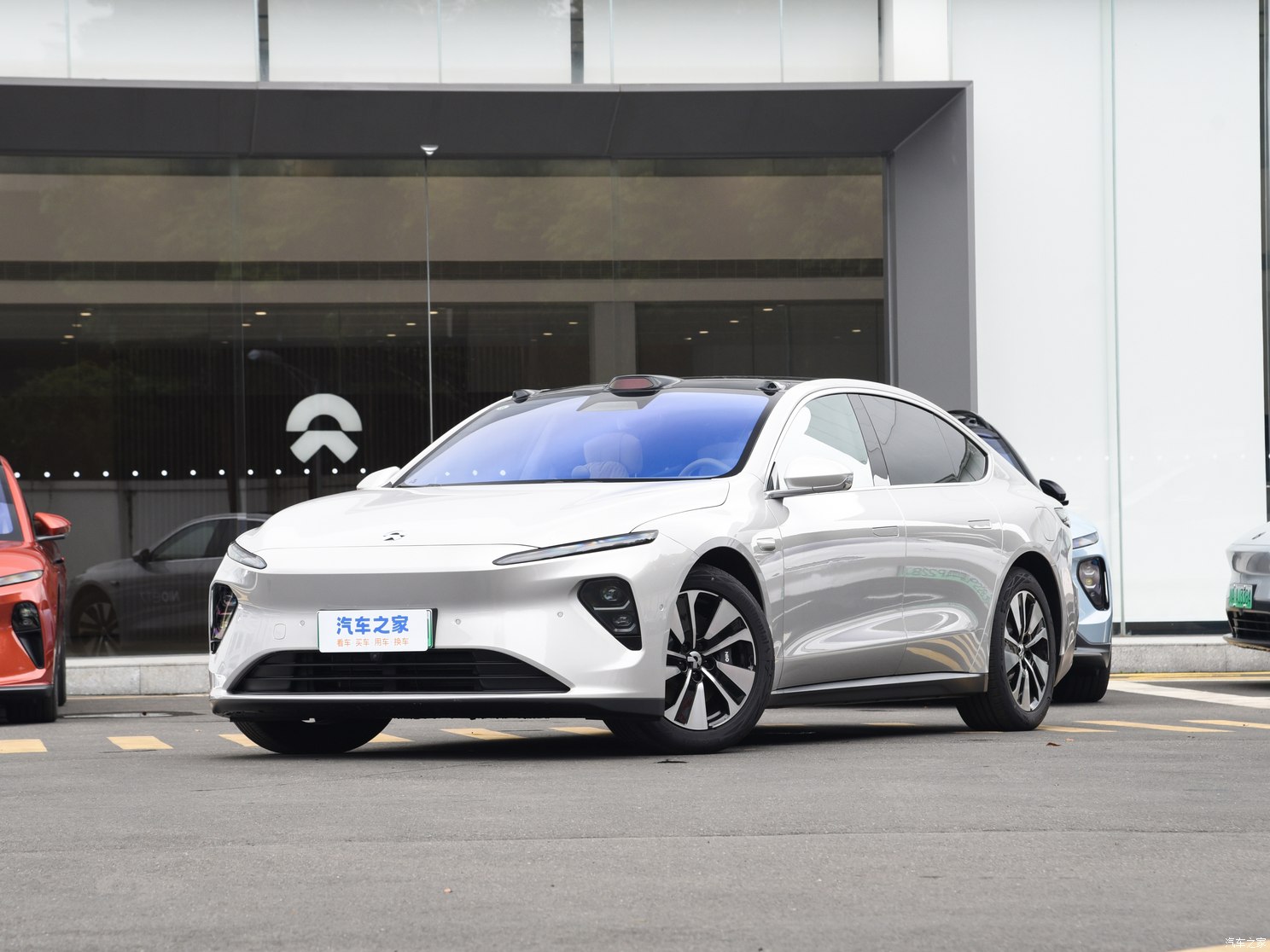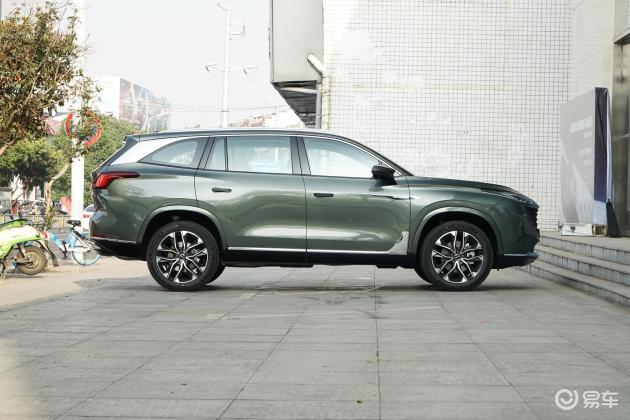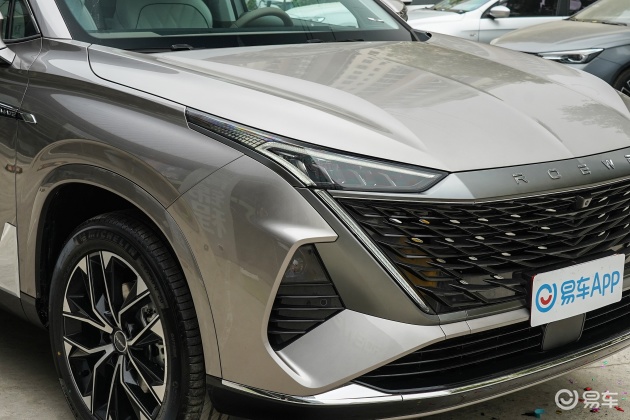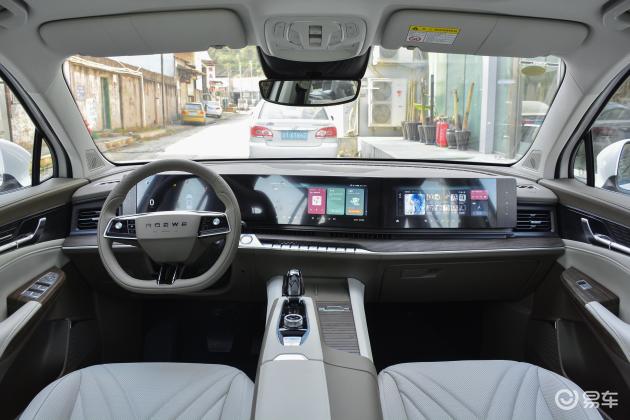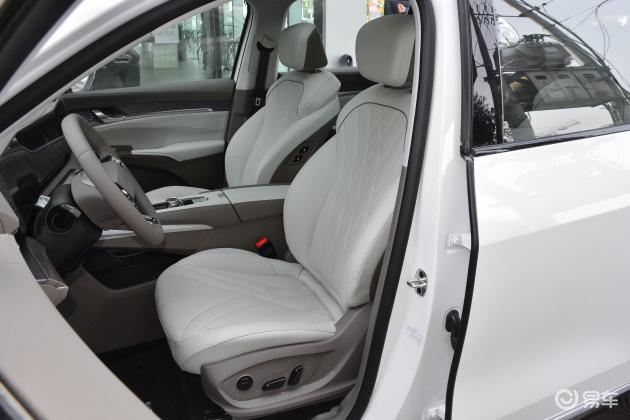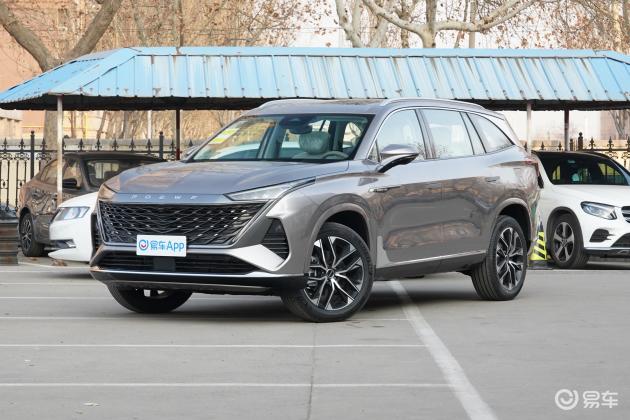Pay attention to what results Putin’s visit to Japan will achieve by delaying his arrival and pouring cold water in advance.
CCTV News:On December 15th, local time, Russian President Vladimir Putin arrived in Japan for a two-day visit. This is Putin’s second visit to Japan after 11 years. That night, Putin and Japanese Prime Minister Shinzo Abe held "hot spring talks" in Yamaguchi Prefecture, Abe’s hometown. On the afternoon of 16th, the two men held the second round of talks in Tokyo.
Analysts pointed out that the talks actually have their own needs. Abe expects to negotiate with Putin on the disputed territory between Japan and Russia, but Putin’s attitude on this issue has always been tough, and it is difficult for the talks to make progress as Japan wishes. Putin’s current visit to Japan is mainly to seek economic and trade cooperation with Japan and break Western sanctions, and Russia may gain great gains.
Putin’s late visit to Japan opened with a laugh that soaking in hot springs would be "tired"
On the morning of the 15th local time, Abe arrived in Changmen from Tokyo and went to the hot spring hotel where the talks were held to prepare. Abe once said that he hoped to discuss with Putin a series of issues, such as disputed islands between Japan and Russia (called "four northern islands" in Japan and "South Kuril Islands" in Russia), "in the hot springs along the hillside and in a quiet atmosphere and in the quiet at night".
On the afternoon of 15th, Putin arrived, but it was more than two hours later than the scheduled time.
In the evening, Abe told reporters that he held talks with Putin for about one and a half hours, "focusing on the issue of peace treaties." He also said that during the summit meeting, around the territorial issue of the four northern islands, "the free visit of the original islanders, the common economic activities of the four islands under the special system, and the peace treaty were discussed in depth."
According to media reports, during the talks, apart from enjoying the natural scenery and tasting Japanese food, Abe also suggested that Putin enjoy the hot springs in Nagato, but Putin laughed and said: "Although it is interesting to soak in hot springs, you can’t get too tired."
Putin first came late, and said that soaking in hot springs would be "tired", which seemed to indicate that Abe’s well-arranged hot spring talks started a bit badly. In fact, Abe hopes to negotiate and make progress on key territorial issues at this meeting, but Putin’s attitude on the disputed territorial issues between Japan and Russia has always been very tough. When interviewed by Japanese media before departure, Putin put the ugly words ahead, saying that there was no territorial issue between Russia and Japan. This clear statement undoubtedly poured a cold water on Abe.
On the afternoon of 16th, Putin and Abe held the second round of talks in Tokyo. At the joint press conference after the talks, Putin said that the South Kuril Islands issue cannot be solved immediately at present, but it is necessary to explore a solution. Russia and Japan don’t have to dwell on historical issues.
Although the Abe government has made careful preparations and given high expectations for Putin’s visit to Japan, the objective fact is that the differences between Japan and Russia are still not small. Therefore, most public opinion in Japan is not optimistic about the talks, thinking that the talks will be very difficult to produce results.
Russia and Italy are looking for economic and trade cooperation, which is expected to yield results.
Analysts pointed out that the primary motive of Russia’s diplomacy toward Japan lies in the economy. According to the schedule, the central topic of Putin’s meeting with Abe in Tokyo on the 16th is economic cooperation. Russia hopes to break through the adverse effects of European and American sanctions through economic cooperation with Japan.

After the outbreak of the Ukrainian crisis in 2014, Russia fell into a situation of economic sanctions and political isolation. Under western sanctions, the Russian economy is affected and the Far East is underdeveloped. The G-7 is the main force to sanction Russia, but as a member of G-7, Japan is the weakest link in the western sanctions chain. Russia regards Japan as a breakthrough to disintegrate western sanctions and hopes to carry out more cooperation with Japan in capital and technology.
At the summit meeting in May this year, Abe proposed that Japan and Russia carry out common economic activities and eight economic cooperation programs with Russia to revitalize the disputed islands. Japanese media pointed out that during this meeting, the two sides will reach an agreement on starting consultations to realize common economic activities and summarizing agreement documents on economic cooperation. It is expected that an agreement will be reached on expanding the number of "visa-free exchanges" to disputed islands and relaxing the conditions for issuing visas. Analysts predict that Putin’s visit to Russia will gain more, and Japan-Russia economic cooperation may sign agreements in energy, science and technology and agriculture.
On the other hand, US President-elect Trump announced during the election that he would improve relations with Russia as soon as he took office. It is not a fantasy to lift US sanctions against Russia after he took office. If the US-Russia and Japan-Russia relations tend to thaw, then the EU’s economic sanctions against Russia will be broken sooner or later. Some analysts believe that Putin intends to show that Japan-Russia relations are in the "honeymoon" period during his visit to Japan in December, and deepen the rift between G7 countries before the Trump administration is on the right track. Therefore, the date of his visit to Japan is Putin’s choice after careful consideration.































